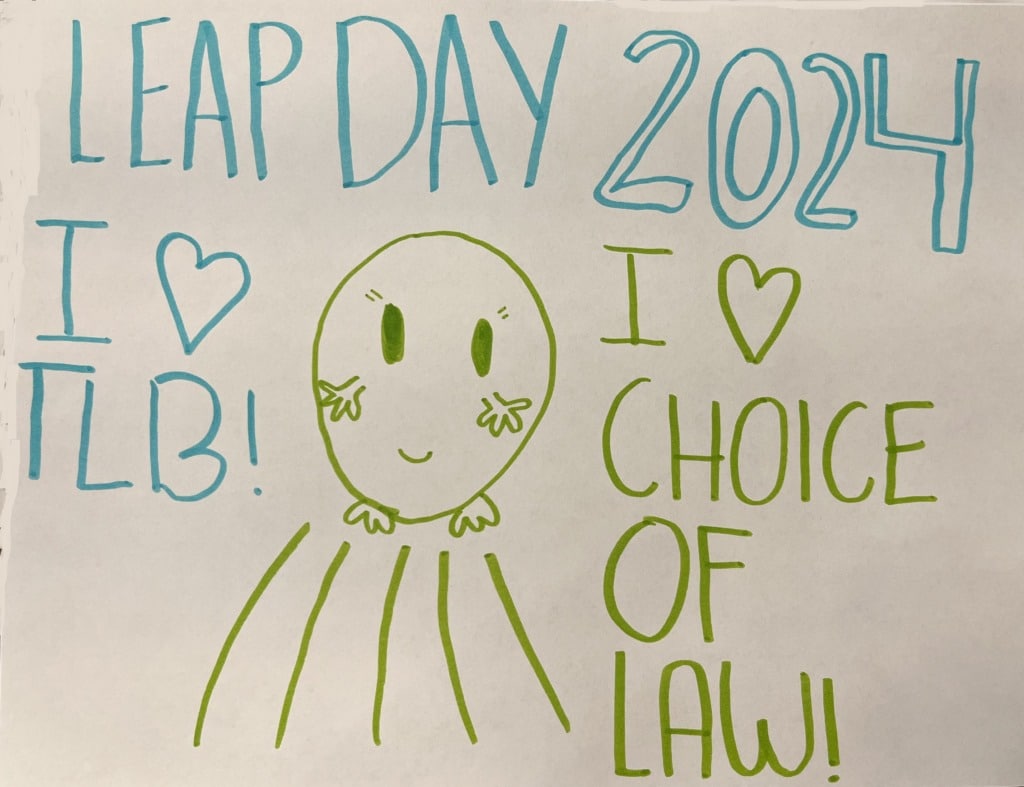The U.S. Takes the Fight Against Bribery to Foreign Officials
American companies, U.S. issuers, and persons in the United States have long been barred from bribing foreign officials under the Foreign Corrupt Practices Act (FCPA). But until December 2023, no U.S. law directly penalized those foreign officials for soliciting or taking bribes. With the enactment of the Foreign Extortion Prevention Act (FEPA), buried deep within…
Continue ReadingAnother Victory for Mexico in Guns Litigation
Still flush with success from its win at the First Circuit against U.S. gun manufacturers, Mexico has scored a new victory in federal court—this time, against U.S. gun dealers. In Estados Unidos Mexicanos v. Diamondback Shooting Sports, Inc., the U.S. District Court for the District of Arizona (Judge Rosemary Márquez) ruled that Mexico could move…
Continue ReadingTransnational Corporate Accountability Through American Corporate Law
To those who view the Alien Tort Statute (ATS) as a beacon of American justice for foreign victims of corporate misconduct, the landscape looks bleak. In the latest ATS case decided in 2021, the Supreme Court held in Nestlé USA, Inc. v. Doe that plaintiffs, who were allegedly trafficked as children to engage in slave…
Continue ReadingD.C. Circuit Defines “Venture” Under the TVPRA
On March 5, 2024, the D.C. Circuit issued its long-awaited opinion in Doe v. Apple, a suit against U.S. tech companies seeking to hold them liable under the Trafficking Victims Protection Reauthorization Act (TVPRA) for forced labor and human trafficking used to mine cobalt in the Democratic Republic of the Congo (DRC). (Disclosure: I joined…
Continue ReadingChoice of Law in the American Courts in 2023
The thirty-seventh annual survey on choice of law in the American courts is now available on SSRN. The survey covers significant cases decided in 2023 on choice of law, party autonomy, extraterritoriality, international human rights, foreign sovereign immunity, adjudicative jurisdiction, and the recognition and enforcement of foreign judgments. So, on this leap day, we thought…
Continue ReadingMexico’s Lawsuit against U.S. Gun Makers Opens a New Front in the War Against Firearm Industry Immunity
In 2021, the Government of Mexico filed a lawsuit against U.S. firearm manufacturers demanding $10 billion in damages for the industry’s role in facilitating illegal cross-border gun trafficking and seeking injunctive relief to change the way gun makers do business. Mexico’s lawsuit had to confront the industry’s notorious federal immunity shield—the Protection of Lawful Commerce…
Continue ReadingThe Extraterritorial Reach of Criminal Statutes
When federal statutes do not indicate how far they reach, courts apply a presumption against extraterritoriality to limit their geographic scope. Last year, in Abitron Austria GmbH v. Hetronic International, Inc. (2023), the Supreme Court revised the presumption by requiring conduct in the United States for a statute’s application to be considered domestic. Meanwhile, lower courts…
Continue ReadingFirst Circuit Allows Some of Mexico’s Claims Against Gun Manufacturers to Move Forward
Mexico has strict gun laws. There is one gun store in the country, and Mexico issues fewer than fifty gun permits a year. Yet Mexico has the third most gun-related deaths in the world because it borders the United States. An estimated half million guns flow from the United States into Mexico each year. In…
Continue ReadingHow to Criticize U.S. Extraterritorial Jurisdiction (Part II)
[This post is based on a lecture delivered at Wuhan University School of Law on October 15, 2023] There are better and worse ways to criticize U.S. extraterritorial jurisdiction. In yesterday’s post, I discussed some shortcomings of a February 2023 report by China’s Ministry of Foreign Affairs, “The U.S. Willful Practice of Long-arm Jurisdiction and…
Continue ReadingHow to Criticize U.S. Extraterritorial Jurisdiction (Part I)
[This post is based on a lecture delivered at Wuhan University School of Law on October 15, 2023] China has been critical of U.S. extraterritorial jurisdiction. In February, China’s Ministry of Foreign Affairs issued a report entitled “The U.S. Willful Practice of Long-arm Jurisdiction and its Perils.” In the report, the Ministry complained about U.S….
Continue Reading






